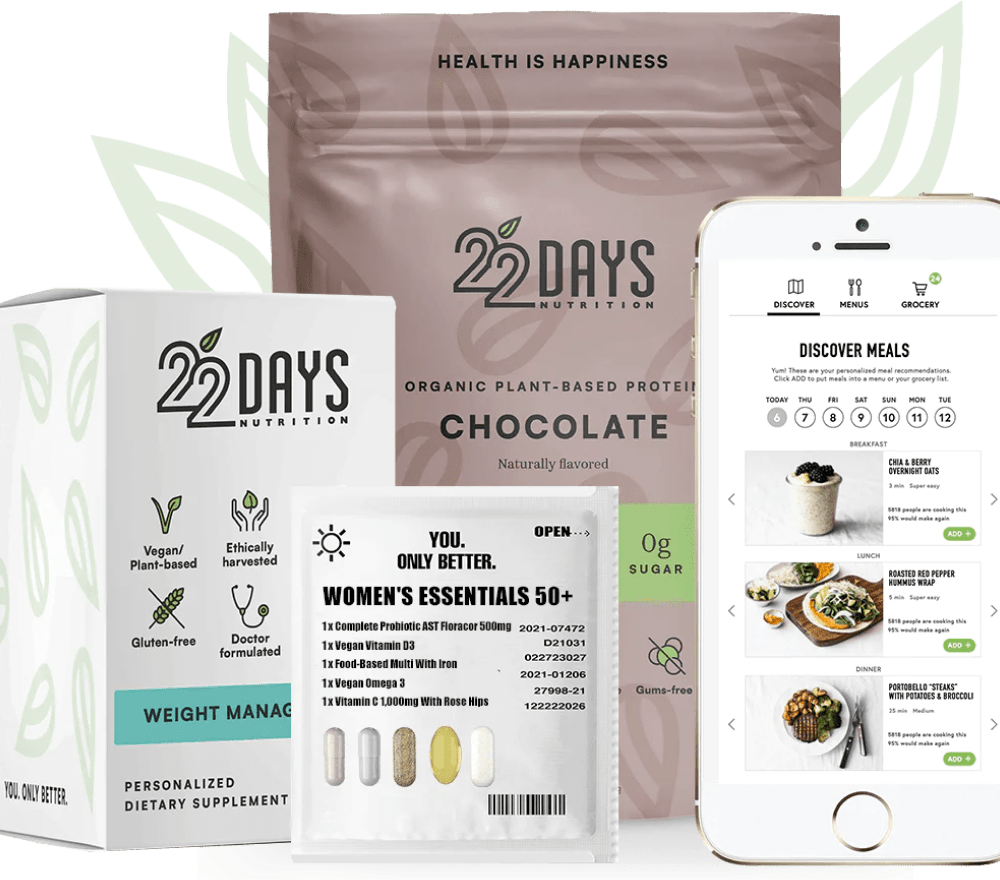Eco-Friendly Spring Cleaning

Spring is finally here! After a long, cold and wet (or white) winter there is nothing more invigorating than casting off the shackles of poor habits accumulated over the last 6 months and embracing a healthier lifestyle. But that doesn’t just mean exercising and eating well – it also means looking for home cleaning products that are healthy for our homes. It’s rather amazing how much time and energy we spend on eating healthy and avoiding additives and preservatives in our food, but how little we think about the cleaning products we use and the fact that many are filled with toxic chemicals. Instead, we could be using eco-friendly cleaners that are better for the environment, as well as being better for everyone who lives in your home.
Is It Really Clean If You Use Toxic Chemicals?
Take glass cleaner, for example. Most store-bought glass cleaners contain ammonia, coal tar dyes, butyl cellusolve (a neurotoxin), alcohol, and glycol ethers. All these chemicals can end up in the atmosphere in your home. Ammonia is an irritant that can cause chemical burns and eye damage, as well as damage to the lungs and other organs. So why use glass cleaner when you can have a safe alternative? Mixing equal parts vinegar and water (or lemon juice) in a labelled spray bottle can be equally effective to household glass cleaners, and will give you the peace of mind of knowing your home is chemical-free.
Homemade Eco-Friendly Cleaners
Many standard cleaners can be easily replaced with “green” cleaners or home cleaners. Vinegar is a very powerful grease cutter and can be used with water as an all-purpose cleaner for nearly all types of surfaces. For very dirty areas full-strength vinegar can be used, or you can make a scouring cleanser by using ¼ cup baking soda, one tablespoon of liquid soap and a tiny bit of vinegar. Other safe cleaners and disinfectants can be created using safe ingredients obtainable from most grocery stores. If you like the “smell” of household cleaners look for home recipes that let you add essential oils like lemon, tea tree oil, or cinnamon (among others) to leave your home smelling spring fresh.
A Word of Caution
If you need a particular type of cleaner and cannot find a home recipe, at the very least try to find a green alternative at the store. Be cautious though, as many of these types of cleaners may say they are “green” while still containing harmful chemicals. Avoid cleaners that contain acetone, ammonia, bleach (sodium hypochlorite), diethanolamine (DEA), D-limonene, formaldehyde, methylene chloride, parabens, phosphoric acid, sodium lauryl sulfate, turpentine, and xylene. So get cleaning, but this year use all eco-friendly products, your house will love you for it! For a long list of recipes for household cleaners, check out EarthEasy. Photo credit: go_greener_oz





